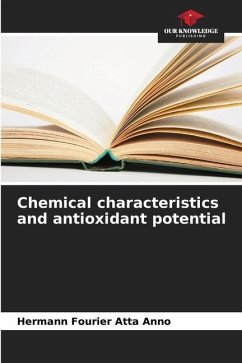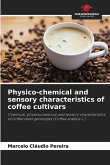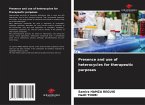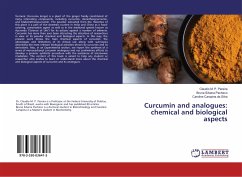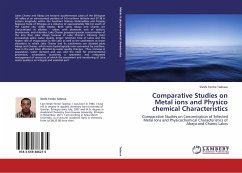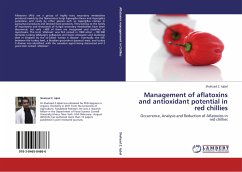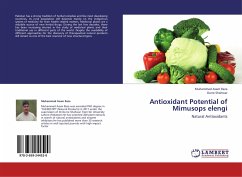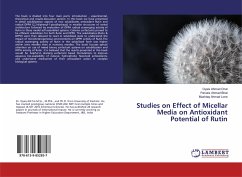Wild mushrooms constitute one of the most important renewable non-wood resources in the diet of many populations. In this work, an ethnomycological survey was carried out in three mushroom collecting basins in central Côte d'Ivoire. The results of this survey show that: the populations of these areas have a good knowledge of mushrooms among both men and women (98%). Among the known species, two were widely appreciated by the population, namely Volvariella volvacea and Psathyrella tuberculata. These mushrooms are an important food source. Analysis of the chemical characteristics of the studied mushrooms showed that they are rich in carbohydrates (52.00±1.84 to 64.04±0.68%), proteins (23.47±0.30 to 30.90±0.18%), fibers (7.72±0.19 to 20.13±0.07%), minerals with potassium and phosphorus being the most preponderant, and essential amino acids. These mushrooms have low levels of lipids and toxic minerals. The nutritional values of Volvariella volvacea and Psathyrella tuberculata are higher than those of Lentinus squarrosulus and Auricularia politrich.
Bitte wählen Sie Ihr Anliegen aus.
Rechnungen
Retourenschein anfordern
Bestellstatus
Storno

